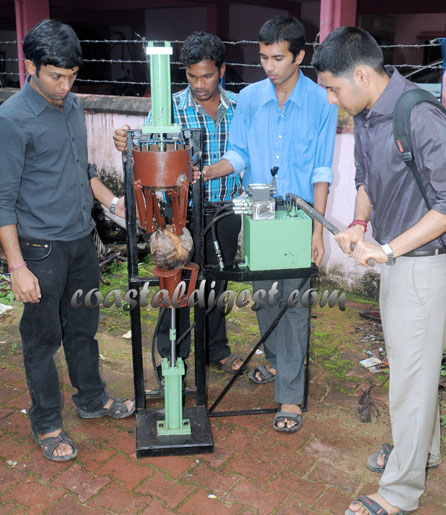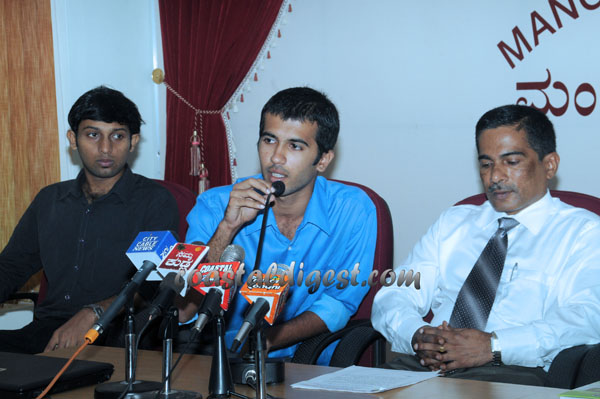Kalaburagi, Apr 9: An FIR has been lodged against the management and staff of Bahamani Super Speciality Hospital here in Kalaburagi allegedly for not following procedures meant to deal with COVID-19 and hiding details of patients with coronavirus symptoms, said District Deputy Commissioner Sharath B on Wednesday.
The district family welfare department official and nodal officer of KPME Kalaburagi took cognisance of the reports that the private hospitals in the district are not informing the government about patients having COVID-19 symptoms and they are only reporting about such cases at the last moment.
"It has come to our light that some private hospitals in Kalaburagi city are hiding information about the patients who are having COVID-19 like symptoms and these cases are not being reported on time to us," said the District Deputy Commissioner.
"We verified the records of these hospitals and it is clear now that they are revealing the serious cases in the last moment when the treatment has not given any help to patients. Only then such cases are bringing to ESI hospital in Kalaburagi. We have taken steps to quarantine the entire staff member of Bahamani hospital. We have taken legal steps against them for non-compliance of the orders issued to them and for not reporting this matter to us at the earliest stage," he said.
A case has been registered under the Disaster Management Act, 2005 column 51, 58 and sections 269 and 188 of the Indian Penal Code.
He further said that two new cases were reported positive on April 8 and one person has succumbed to the infection because he was having a severe respiratory infection.
He appealed to everyone to strictly follow lockdown restrictions and not violate Section 144 at any cost.
Speaking about the attacks on Accredited Social Health Activist (ASHA) and Anganwadi workers, who were given a task to collect travel details of locals in view of coronavirus crisis, Sharath said: "Some of the health workers, ASHA and Anganwadi workers, who have been given a task to going from door to door to verify health status were troubled unnecessarily, saying that they have come to collect data for NRC and NPR."
"They are doing a survey on behalf of the district administration as they have to gather travelling information so that a person can be quarantined to contain COVID-19 spread. There has been an attack, a case has been registered in this regard," he said.







Comments
Good thinking.ineed like this.please contact 7909156474
I like to purchase one machine,if there is any latest version please send details,including photos,or videos, send me your address and phone number,so I can contact you.
Thankfully
Venugopal
9440785957
Add new comment